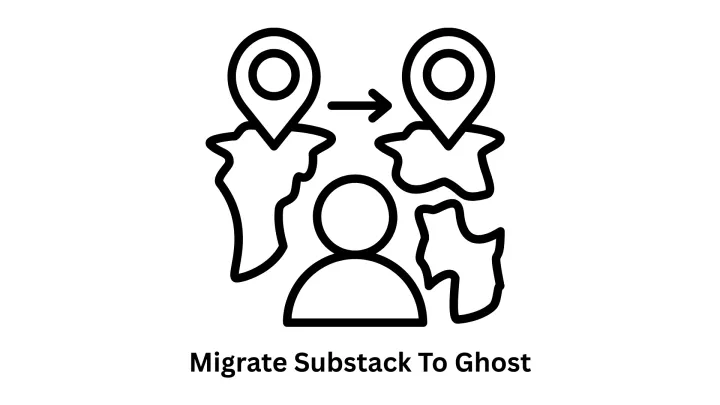DIY Search Engine Ranking: Boost Your Website Visibility on a Budget

Want your website to get noticed by Google and other search engines? You don't need to hire a fancy agency to climb the search engine results pages (SERPs). With a bit of time and effort, you can optimize your website yourself and see a significant boost in organic traffic.
In this guide, we'll break down the essentials of DIY search engine ranking, covering everything from keyword research to on-page optimization and link building.
1. Understand the Basics of SEO
Search Engine Optimization (SEO) is the process of making your website more attractive to search engines. When your site is optimized, it's more likely to show up in relevant search results when people search for specific keywords or phrases.
Here's what SEO involves:
- Keyword Research: Finding the words and phrases your target audience uses to search for information related to your business or content.
- On-Page Optimization: Making changes to your website's content, structure, and code to make it easier for search engines to understand and index.
- Off-Page Optimization: Building your website's authority and reputation through external factors like backlinks from other websites.
2. Master Keyword Research
Keywords are the foundation of SEO. Start by identifying the keywords that your target audience is using. There are plenty of free and paid keyword research tools available online to help you.
- Long-Tail Keywords: These are more specific phrases (e.g., "best Italian restaurant in Pune" instead of just "Italian restaurant"). They often have less competition and are easier to rank for.
- Relevance: Choose keywords that are directly relevant to your content. Don't try to trick search engines by using irrelevant terms.
3. Optimize Your On-Page Elements
- Title Tags: Make sure your title tags accurately reflect the content of each page and include your target keywords.
- Meta Descriptions: These short summaries appear under your title tag in search results. Write compelling meta descriptions that encourage clicks.
- Header Tags: Use header tags (H1, H2, H3, etc.) to organize your content and include relevant keywords.
- Content: Write high-quality, informative content that satisfies the searcher's intent. Include your keywords naturally throughout the text.
- Images: Optimize images with descriptive alt text that includes relevant keywords.
4. Build High-Quality Backlinks
Backlinks are links from other websites that point to your site. They act as votes of confidence in your website's authority and relevance. Here's how to get them:
- Create Great Content: If your content is valuable, other websites will naturally link to it.
- Guest Blogging: Write guest posts for other websites in your niche and include a link back to your site.
- Social Media: Promote your content on social media to increase its visibility and attract backlinks.
Need Expert Help? Consider Associative
If DIY SEO feels overwhelming, or you'd like to take your search engine ranking to the next level, Associative can help. We specialize in search engine optimization (SEO) and digital marketing, along with a wide range of web and software development services. Contact us for a consultation to see how we can boost your online visibility.
Conclusion
Improving your search engine ranking takes time and effort, but it's a worthwhile investment. By following these DIY tips, you can attract more organic traffic to your website and grow your business. Good luck on your SEO journey!


To learn more, consider reading other articles, blogs, and stories in this area.




















